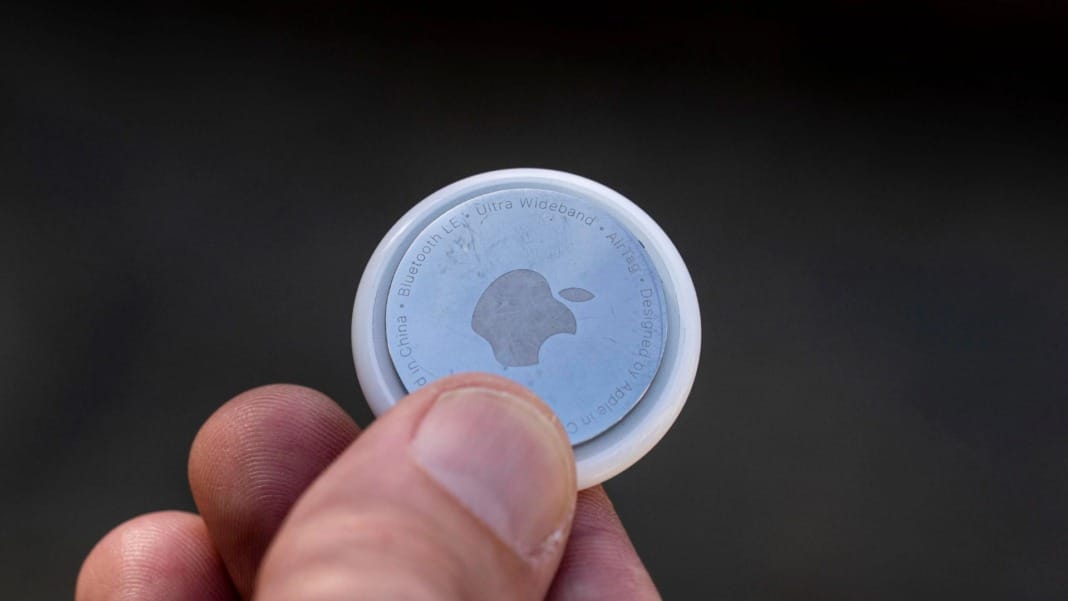Apple has introduced new child safety warning labels on its AirTags and packaging to comply with a US law protecting children from the risks of ingesting button or coin-cell batteries. The US Consumer Product Safety Commission (CPSC) confirmed these changes in a press release.
Compliance with “Reese’s Law”
The updates result from “Reese’s Law,” which went into effect on March 19, 2024. This law mandates that all products containing button or coin cell batteries include clear warning labels to highlight the dangers these batteries pose to children if swallowed.
According to the CPSC, AirTags imported into the United States after the law’s implementation did not meet the new requirements for on-product and on-box warnings. These warnings are crucial for alerting users to the serious risks of injury, or even death, from battery ingestion if children gain access to these small batteries.
In response, Apple has added a warning symbol directly to the AirTag’s battery compartment. Additionally, the boxes now display the required warning statements and symbols.
Updates to the Find My app
Beyond physical labels, Apple has also updated the digital side of AirTag usage. The instructions displayed in the Find My app for replacing an AirTag’s battery now include a warning about the hazards associated with button and coin cell batteries. This step aims to increase users’ awareness of the importance of keeping these batteries out of the reach of children.
AirTags’ continued evolution
Apple first launched AirTags in 2021 as a handy tool for locating personal items like keys, bags, and wallets. Since their release, the product has gained widespread popularity. Apple is also rumoured to be working on an updated version of AirTags, which is set to launch later this year.
Including these safety warnings reflects Apple’s efforts to align with consumer safety regulations while continuing to innovate its product lineup.





